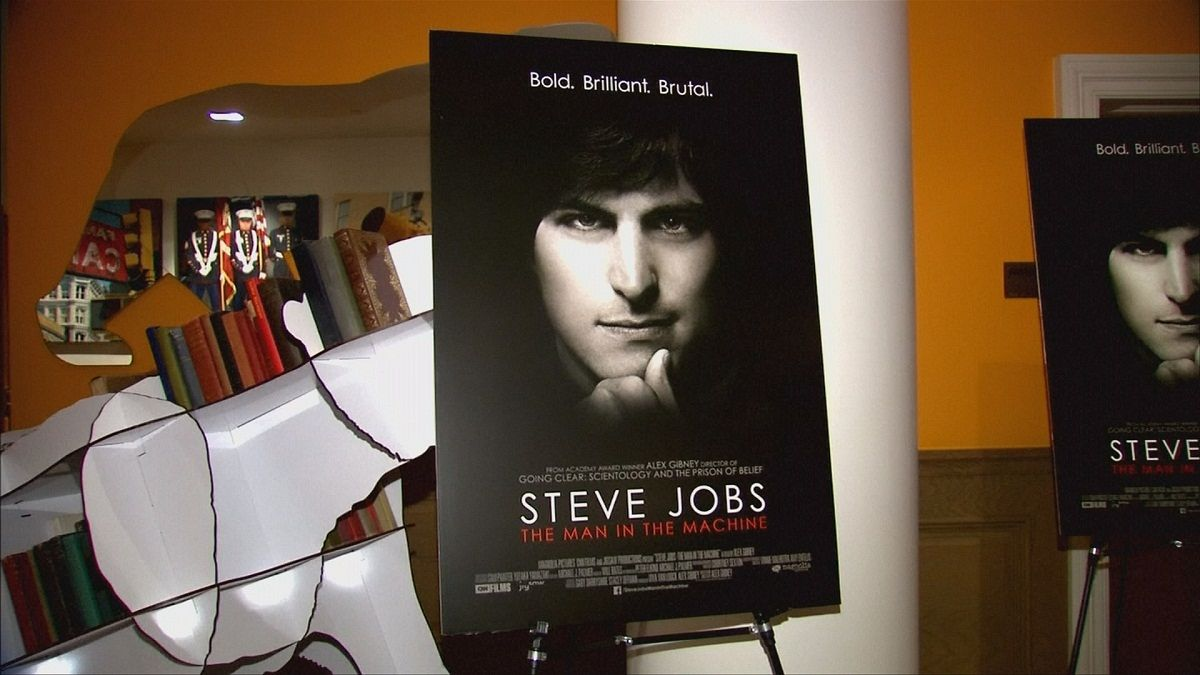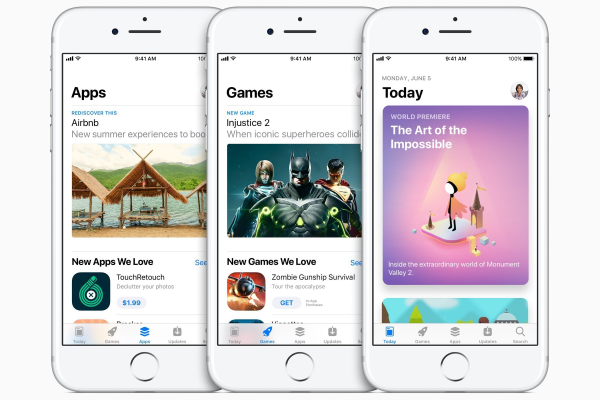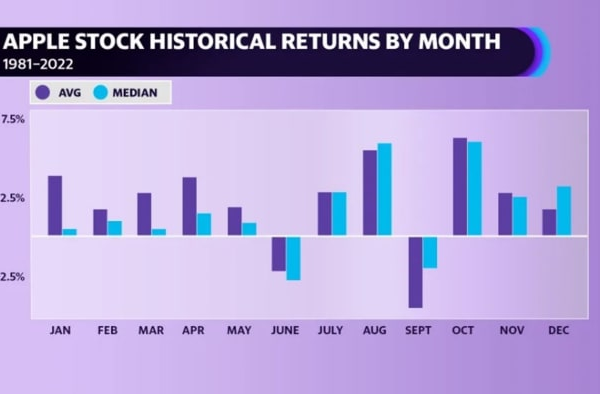Steve Jobs NeXT Challenges: A Turning Point in History

Steve Jobs’ journey with NeXT faced significant challenges, particularly after the closure of Businessland in 1992, a crucial computer retailer partner for the company. This unfortunate event marked a turning point, highlighting the struggles of the NeXT computer and its overpriced offerings, which failed to capture the education market as intended. The ensuing NeXT computer failure reflected not only Jobs’ business setbacks but also the shifting dynamics of the tech industry during that era. While the loss of Businessland dampened hopes for the company, it soon became a catalyst for Jobs’ resurgence following years of adversity. Ultimately, the NeXT history exemplifies the resilience of an innovator who would ultimately pave the way for his iconic return to Apple after overcoming the obstacles presented by NeXT’s turbulent trajectory.
The trials faced by Steve Jobs during the NeXT era are a testament to the unpredictable nature of entrepreneurship in the tech landscape. Encountering significant hurdles, including the abrupt cessation of a vital partnership with a prominent retailer, forced Jobs to navigate the murky waters of business in a rapidly evolving market. Despite the setbacks associated with NeXT’s expensive product offerings, including the notable missteps and subsequent effects on the company’s reputation, the narrative of Jobs’ professional journey illustrates a compelling story of tenacity. Ultimately, these events set the stage for a remarkable turnaround, leading to Jobs’ return to prominence within Apple. This chapter of NeXT’s ongoing saga is a vivid reminder of how visions can be reshaped through adversity.
The Rise and Fall of Businessland: A Critical Partnership with NeXT
Businessland’s rise in the late 1980s positioned it as the foremost player in the American computer retail market. With over 100 locations and a booming sales figure that exceeded $1 billion in 1988, Businessland represented a gateway for tech innovations to penetrate the burgeoning business sector. The partnership established with NeXT in 1989 was seen as a strategic move to leverage NeXT’s unique and powerful computing technology in a market already saturated with competing products. Unfortunately, this high hope was soon dashed as both companies encountered significant hurdles in the business landscape.
Despite Steve Jobs’ initial enthusiasm—exemplified by his confident toast at the contract signing dinner—the partnership soon faced its demise. The high cost of NeXT computers proved too burdensome for Businessland, which was trying to reel in profits from its retail operations. The failure to achieve the projected sales of 100,000 units demonstrated a severe miscalculation in market dynamics, leading to immense financial losses for Businessland. This situation not only highlighted the challenges with pricing and positioning but also cast a shadow on Jobs’ visionary plans.
Steve Jobs’ Emotional Rollercoaster: From Setbacks to Resilience
The closure of Businessland marked a pivotal moment in Steve Jobs’ tumultuous career, a chapter laden with setbacks that threatened to define his legacy. The failure of this partnership with a leading retailer was compounded by the resignation of prominent investors, such as Ross Perot, who deemed their investment in NeXT a grave mistake. Such a scenario led many to think that Jobs’ second venture would remain eclipsed by his earlier successes at Apple. It was a time when even devotees of Jobs began to wonder if he could recover from these professional blows.
However, resilience is often born from adversity. Instead of succumbing to despair, Jobs rechanneled his focus on innovation. The eventual release of Pixar’s Toy Story and the following IPO drastically transformed his fortunes, shifting public perception regarding his capabilities. It was this resurgence that ultimately paved the way for Jobs’ return to Apple, showcasing how the darkest moments can lead to the most exhilarating comebacks. Jobs’ journey is a profound reminder that setbacks, like that of NeXT, can serve as the fertile ground for future triumphs.
Lessons from NeXT’s History: Market Dynamics and Timing
The history of NeXT offers significant lessons on the critical importance of market timing and understanding consumer needs. NeXT’s innovative technology was undeniably sophisticated, yet, as demonstrated in their partnership with Businessland, it was misaligned with market demands and pricing strategies. Companies like NeXT must ensure that their products not only meet technical specifications but also fit within the economic realities of their target customers. Misjudgments in understanding market dynamics can lead even the most promising innovations astray.
Furthermore, the NeXT saga teaches future entrepreneurs the vital lesson of adaptability. In the face of business closures and failures, the quickest paths to recovery often lie in pivoting and reimagining a company’s role in the market. For Jobs, recognizing the potential of software over hardware laid the groundwork for his eventual vindication. Embracing change and being receptive to market feedback proved essential for steering NeXT through its challenges and into a brighter future.
Steve Jobs’ Comeback: The Transformation of NeXT into a Powerhouse
The remarkable comeback of Steve Jobs, culminating in NeXT’s transformation from an underperforming hardware enterprise to a software giant, is a case study in strategic pivots. After facing the undeniable setbacks caused by the collapse of Businessland, Jobs recognized the need to shift NeXT’s focus away from hardware production to the development of its object-oriented operating system. This decision was crucial, as it aligned NeXT with the growing demand in the tech sector for software solutions.
This pivot set the stage for Jobs’ return to Apple, a significant turning point in the tech industry. The operating system purchased by Apple not only revived Jobs’ career but also reinvigorated Apple’s market position. By seamlessly reintroducing his innovative mindset, Jobs was able to harness the will of NeXT and channel it into Apple’s future. This comeback is a testament to Jobs’ tenacity, highlighting how perseverance and strategic thinking can redefine a professional narrative.
The Closure of Businessland: Shaping NeXT’s Future
The closure of Businessland was not merely a chapter in the history of NeXT; it was a turning point that forced a strategic reevaluation on the part of Steve Jobs. Businessland’s shutdown created an immense void in distribution channels, which directly affected NeXT’s reach into the business-oriented market. As a result of this unforeseen event, Jobs learned the hard way about the fragility of partnerships in the tech industry, especially when the sustainability of a distributor is in question.
This setback compelled Jobs to reconsider NeXT’s market strategy and ultimately aided in its transition towards software development that would ultimately appeal to Apple. The loss of a key distribution ally illustrated the ripple effect that such closures could have in the tech sector, casting a long shadow on NeXT’s operations. This experience was pivotal in Jobs’ growth as both a businessman and a visionary leader.
Steve Jobs and the NeXT Computer: Unpacking the Challenges
The challenges associated with the NeXT computer were multi-faceted and deeply intertwined with Steve Jobs’ ambitious vision for the company. Although the machine was celebrated for its technological prowess, its steep price point and niche marketing strategy were significant barriers. The frustrations surrounding sales figures and consumer reception underscored the complexities involved in bringing innovative products to market. Jobs’ expectations clashed with the market’s reality, creating a challenging environment for NeXT.
This experience contributed to a crucial understanding for Jobs: innovation alone does not guarantee commercial success. The high regard for the NeXT computer did not translate into market share, which served as a bitter lesson for Jobs in terms of the trials inherent in the tech industry. Recognizing the limitations posed by market forces became an integral part of his strategies moving forward.
NeXT’s Legacy: Redefining the Future of Technology
NeXT’s legacy is one that significantly shaped the trajectory of technology, influencing developments that extended far beyond its initial setbacks. Despite its early failures, the stringent focus on software and advanced technology laid foundational ideas that would ultimately contribute to the evolution of modern computing. The object-oriented architecture pioneered by NeXT continues to inform software design and has been influential in many subsequent technology platforms.
Moreover, NeXT’s trajectory illustrates the volatile nature of the tech industry, serving as a beacon of how innovation often comes hand in hand with failure and resilience. Jobs’ journey from a faltering company to a tech revolutionary encapsulates the spirit of entrepreneurship, reminding us that even leading figures in technology are subject to the challenges of the market. NeXT, though short-lived, played an essential role in the narrative of innovation that defines today’s digital landscape.
The Importance of Strategic Partnerships in Tech: Lessons from NeXT
The story of NeXT and its partnership with Businessland serves as a critical lesson on the importance of cultivating strategic relationships in the tech industry. Effective partnerships can be instrumental in augmenting a company’s market access and customer outreach. However, NeXT’s experience emphasizes the need for both parties to share aligned visions and capabilities; otherwise, the fallout can be detrimental. The breakdown of this collaboration illustrates how a lack of compatibility can lead to failure at multiple levels.
This cautionary tale advocates for due diligence and compatibility assessments when entering partnerships in business. Ensuring that both entities can support one another’s strengths is essential for sustainability, and this is particularly true in the rapidly evolving tech industry. Jobs’ push to expand NeXT’s ambition through strategic alliances must consider these factors to avoid the pitfalls that plagued his initial venture.
Navigating Setbacks: The Resilience of Steve Jobs Through NeXT’s Trials
Steve Jobs’ journey through the trials and tribulations of NeXT is a testament to the power of resilience in the face of adversity. Rather than surrendering in the wake of the challenges presented by the closure of Businessland, Jobs exemplified the spirit of perseverance. His ability to endure setbacks and continually pivot his strategies was integral for steering NeXT toward future opportunities, particularly in software development.
Jobs’ transformation during this period reflects a deeper understanding of the business landscape. After experiencing failures, he came to appreciate the necessity of agility and adaptability—qualities that would ultimately prove pivotal during his return to Apple. The NeXT saga underscores the message that resilience and the willingness to learn from challenges are vital components of success in any entrepreneurial journey.
Frequently Asked Questions
What were the main challenges faced by Steve Jobs’ NeXT company after the Businessland closure?
Steve Jobs’ NeXT company faced significant challenges after the closure of Businessland in May 1992, including a loss of distribution channels, financial instability, and dwindling sales. The costly nature of NeXT computers resulted in poor performance in the education market, and the failure to sell even 1,000 units through Businessland led to mounting frustrations for Jobs.
How did the NeXT computer failure impact Steve Jobs’ career?
The NeXT computer failure marked one of the lowest points in Steve Jobs’ career, leading to a loss of confidence from investors and board members. Notably, billionaire Ross Perot referred to his investment in NeXT as the ‘biggest mistake’ of his career, which compounded Jobs’ challenges as he struggled to keep the company afloat.
What long-term effects did Businessland’s closure have on NeXT and Steve Jobs?
Businessland’s closure had devastating short-term effects on NeXT, prompting the company to stop hardware production and lay off employees. However, this setback ultimately led to a major pivot that pivoted Jobs toward his successes with Pixar, which eventually contributed to his comeback at Apple.
What was the significance of the partnership between NeXT and Businessland?
The partnership between NeXT and Businessland was significant as it represented a hopeful expansion for NeXT into the business market. However, the agreement ultimately showcased the challenges of selling high-cost technology, as Businessland sold only 360 units and incurred losses, highlighting the difficulties NeXT faced in its early years.
How did Steve Jobs manage to turn around his career after NeXT’s struggles?
Steve Jobs turned around his career following the struggles of NeXT by focusing on Pixar, which released the blockbuster film Toy Story. This success helped him regain financial stability, leading to his later deal where NeXT’s technology was sold to Apple, culminating in Jobs’ return to the company he co-founded.
What lessons can entrepreneurs learn from the challenges faced by NeXT under Steve Jobs?
Entrepreneurs can learn the importance of strategically assessing market demand and understanding cost structures from NeXT’s challenges. The failure of NeXT computers in the education market underscores the necessity of aligning product features with market needs, and the impact of partnerships in shaping a company’s future.
| Key Event | Details |
|---|---|
| May 14, 1992 – Businessland Deal | Businessland, America’s largest computer retailer, ends its partnership with NeXT, leading to significant losses for both companies. |
| Disastrous Sales Performance | By the end of the decade, Businessland sold only 360 NeXT computers, incurring a loss of $10,000 per computer sold. |
| Closure of Businessland | With the closure of Businessland, NeXT faced a bleak future, leading to the resignation of key investors and layoffs. |
| Resurgence with Pixar | In 1995, Pixar’s ‘Toy Story’ became a major success, leading to Jobs’ financial turnaround and subsequent sale of NeXT to Apple. |
Summary
Steve Jobs NeXT challenges highlight the tumultuous journey of Jobs’ later entrepreneurial efforts after leaving Apple. Faced with significant setbacks due to the failed partnership with Businessland, NeXT struggled to maintain its foothold in the tech industry. Following the company’s closure, Jobs persevered, ultimately achieving a remarkable comeback through Pixar’s success. This narrative underscores the resilience needed in the face of adversity, demonstrating that challenges can pave the way for future triumphs.
You may also like

iOS App Store Success: A Milestone in Digital Distribution


First Email from Space: The Macintosh Portable’s Legacy
Archives
Calendar
| M | T | W | T | F | S | S |
|---|---|---|---|---|---|---|
| 1 | 2 | 3 | 4 | |||
| 5 | 6 | 7 | 8 | 9 | 10 | 11 |
| 12 | 13 | 14 | 15 | 16 | 17 | 18 |
| 19 | 20 | 21 | 22 | 23 | 24 | 25 |
| 26 | 27 | 28 | 29 | 30 | 31 | |